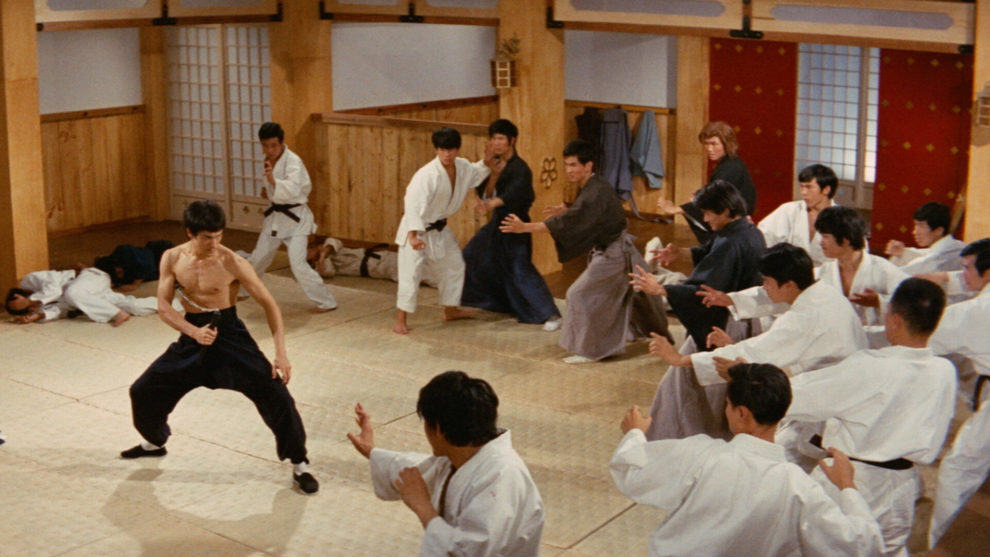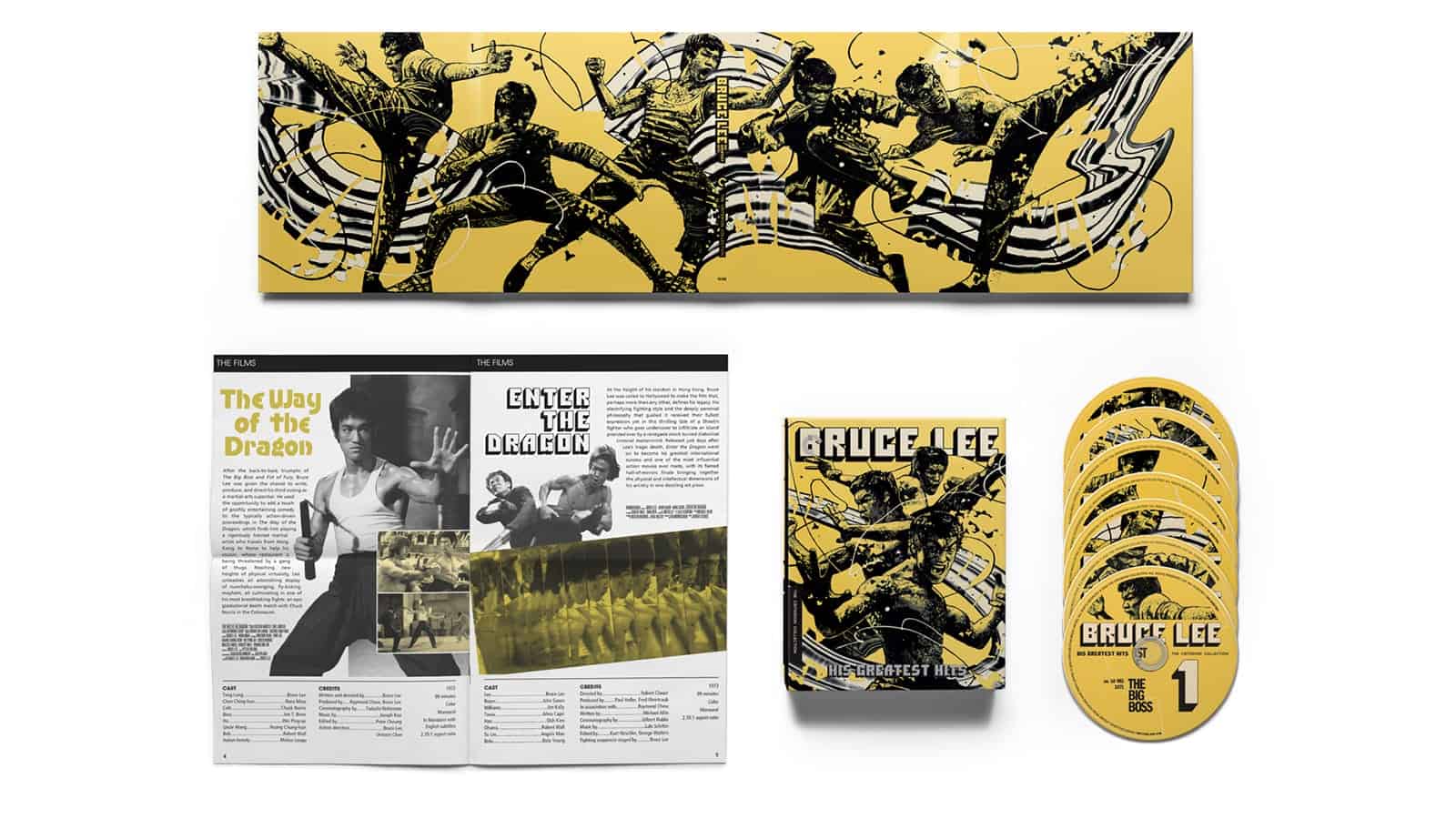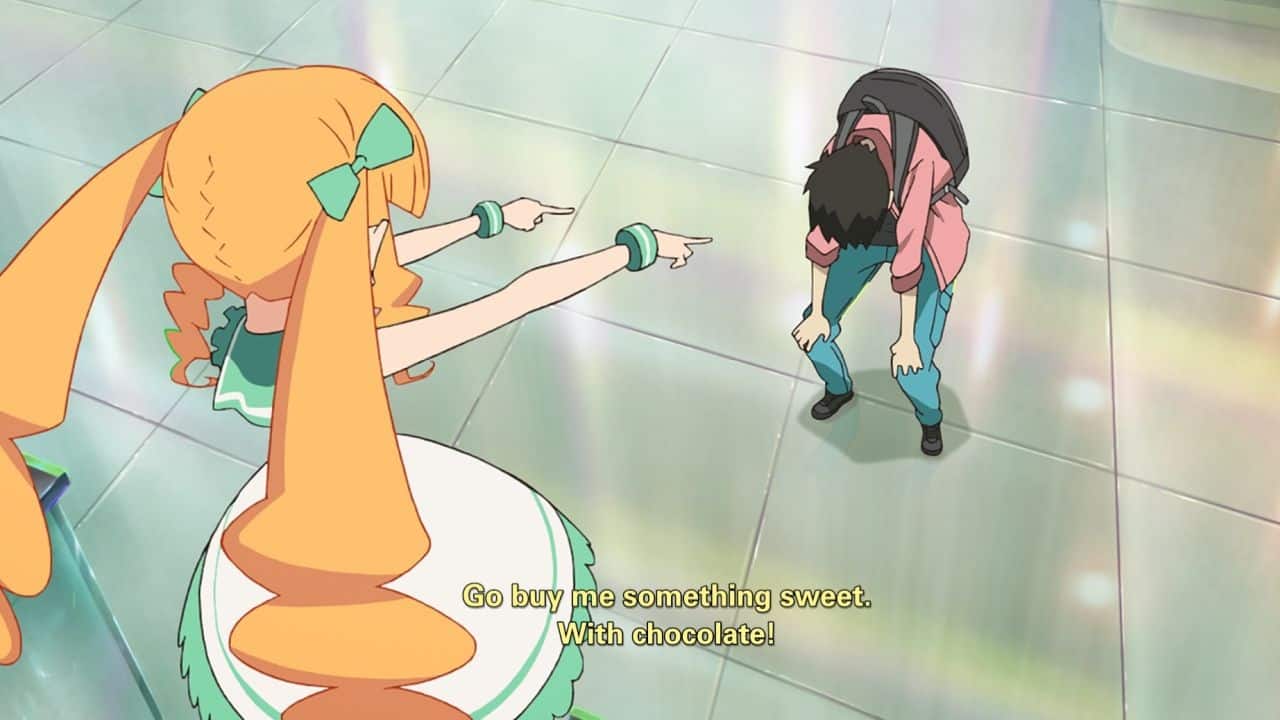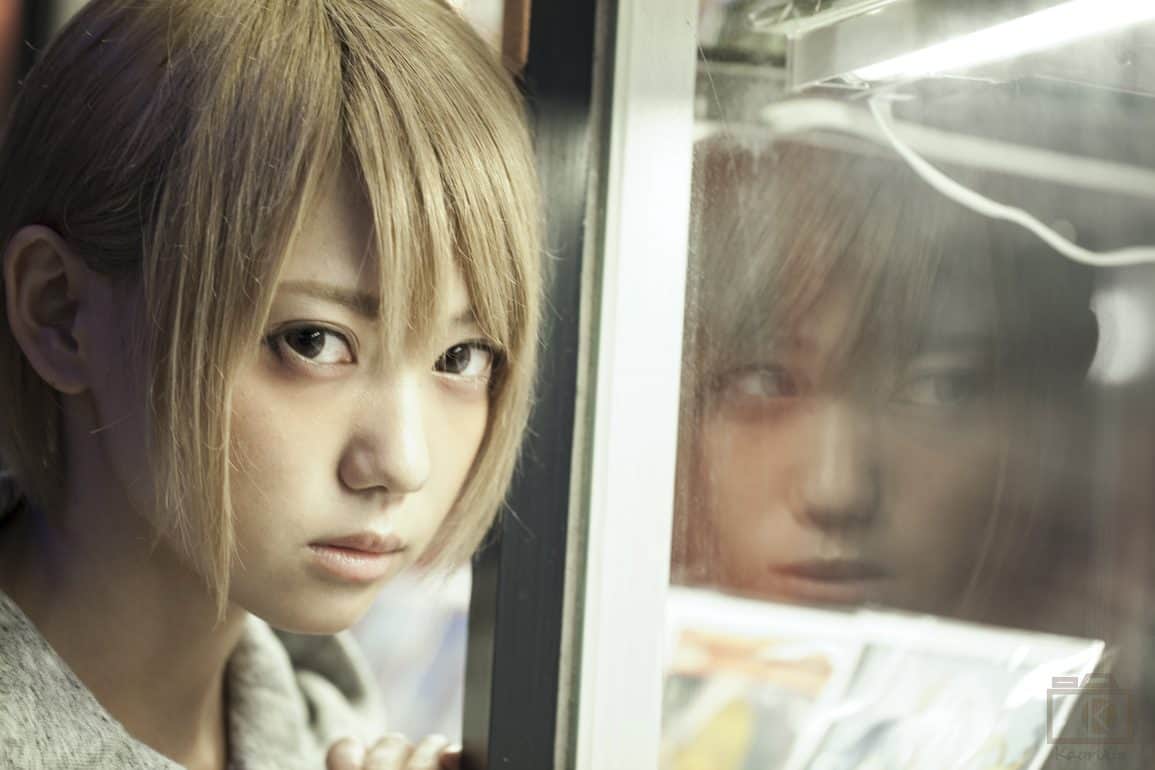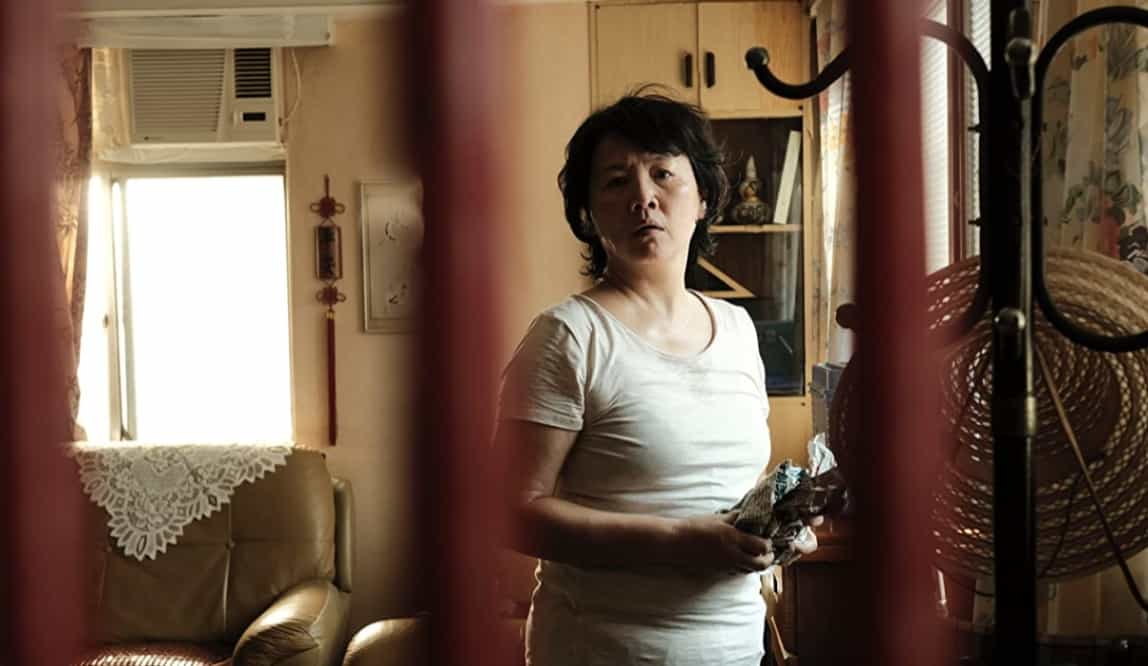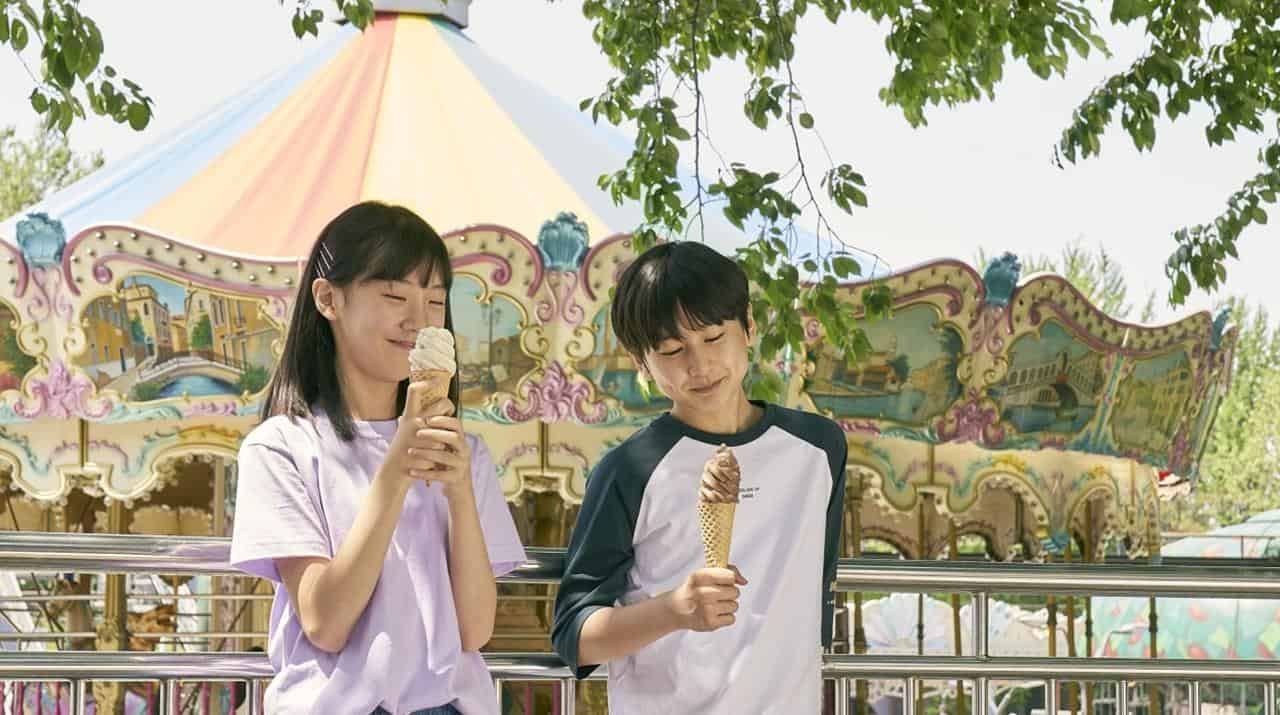The beginning of the 1970s marks a very decisive time in the biography of Bruce Lee, as he started to become the man we now know as one of the great icons of martial arts and cinema as a whole, with the huge commercial and critical success of “The Big Boss” (1971). Given this development, Hong Kong producer Raymond Chow, director Lo Wei and Lee decided to continue their fruitful and highly lucrative collaboration just one year later with “Fist of Fury”, a feature based on the popular legend surrounding Huo Yuanjia, a hero of the people who opposed Japanese rule. In the end, the trio managed to continue their former success and created a movie which stands out as a true masterclass in action/ martial arts cinema, but also as a great story about a rebel, a figure Bruce Lee, perhaps like no other actor of his generation, played so well in so many variations.
Buy This Title
Upon hearing the news of his master's death, his former student Chen-zhen (Bruce Lee) travels to his martial arts school in the heart of Shanghai to attend the funeral and find out what exactly was the cause of death, since he does not believe the official story. Shortly after his arrival and a dramatic scene at the funeral, the school's pupils and their master are threatened by a Japanese competitor, who claims their way of teaching is the only true form of martial arts, especially since it has been proven that the Chinese version is the way of the “sick man”. Infuriated by the accusations and insults against his master, and against the repeated wishes of the school's new master not to interfere, Chen-zhen decides to prove the strength of the supposedly “sick man's kung-fu” and pays a visit to the Japanese school the same day, fighting his way through its students, beating its master and destroying its furniture.
Considering he is now at the center of a police investigation, carried out by an inspector who is at the mercy of the colonial police, Chen-zhen's school is pressured by the authorities as well as the Japanese to surrender their former pupil. Meanwhile, Chen-zhen has gone in hiding in the outskirts of the city and by accident, learns of the true motives behind his master's death and who caused it.
In order to properly appreciate the scale of the story and its central character, it is important to have a look at how it portrays Shanghai and its people during the time of Japanese imperialism. The scenario, which today is feature in many entries of the “Ip Man”-franchise, shows martial arts, its teachers, students and schools as places of freedom, of national pride, both of which are traits the colonial authorities would like to undermine or destroy altogether. Therefore, it is only natural a character such as Chen-zhen, who displays outright discontent with the status quo, becomes a symbol of rebellion, as many scenes, such as the one showing him fighting a police officer telling him to obey the rules, indicate. During times of oppressing thoughts and adapting to the official version, Chen-zhen shows pride in national traditions and virtues such as honor, dignity and loyalty, a complete opposite to the greed and power plays which define the villain characters in this movie.
At the same time, “Fist of Fury”, similar to many films starring Bruce Lee during his rise to stardom, becomes a universal tale about issues such as class and even racism. Martial arts and the philosophy behind it become means to express freedom, creativity and strength within a hostile or oppressive atmosphere. Bruce Lee highlights these notions in his performance, adding a certain kind of bravado and distinct self-confidence to the character as well as the fight choreographies, which, like in so many of his movies following “The Big Boss” are quite artful and a delight to watch. Perhaps one of the best displays has to be Chen-zhen's fight against Petrov (played by Robert Baker), a Russian martial arts champion and a bodyguard to the villain.
In the end, “Fist of Fury” is a classic within martial arts-cinema, which even today stands undefeated as one of the true milestones of the genre. Combining Bruce Lee's skill as an athlete and an actor along with Lo Wei's directing abilities, “Fist of Fury” becomes a gripping tale about rebellion in times of oppression.


